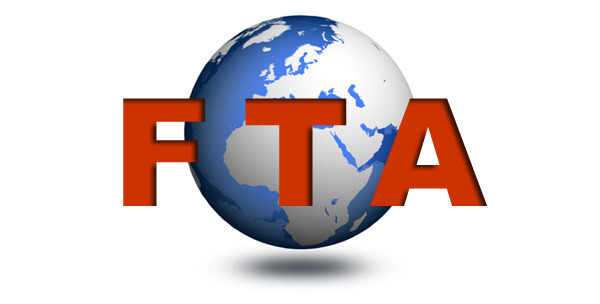Panama’s leading trade groups see both challenges and opportunities in a free trade agreement (FTA) the country is negotiating with China.
As the first round of negotiations is going on in Panama City, private sector leaders here said Panama will have the opportunity to make its exports more competitive once the FTA is utilized in full.
Today, some 6.5 percent of Panama’s exports go to China, and that figure could grow if industry leaders take the right steps, Hector Cotes, president of the Panamanian Association of Business Executives, told Xinhua.
“This is an opportunity for us to review our processes to become more competitive when it comes to exports, not just with China, but also any other country,” Cotes said.
In addition, Cotes mentioned such sectors as ports, maritime operations, and logistics, which he said China has shown interest in and which Panama has a competitive edge given its geographic gateway location and distribution hub for goods traded worldwide.
“It’s not just about how we can export to China, but also how we can give added value to products within Panama to generate jobs and opportunities,” he said.
The goal, Cotes said, is to forge a win-win relationship that benefits both countries. He added that the FTA will enable Panama to access certain niche markets in China that “could make all the difference to our exporters.”
Severo Sousa, president of Panama’s National Private Sector Council, said there was some concern that China’s robust technological and investment capabilities could “displace business owners or businesses in Panama.”
With that in mind, Panama aims to negotiate an agreement that will lead not to displacements but partnerships, Sousa said.
“We hope to be able to have the Chinese as investors and as partners of local investors here in Panama, to be able to advance together towards growth that will be a win-win for both countries,” said Sousa.
Augusto Arosemena, Panama’s minister of trade and industry, told Xinhua in a recent interview that the country needs to make certain adjustments. “If we don’t make the necessary changes to be able to facilitate … exports, then we are not going to be able to make the most of this (FTA)treaty,” he said.
Wei Qiang, Chinese ambassador to Panama, also stressed the importance of enduring that the FTA benefits both countries.
“Nothing is beneficial when it is sustainable only for one side,” he said, adding that forging mutually beneficial ties is a guiding principle of China in negotiations with its partners.
